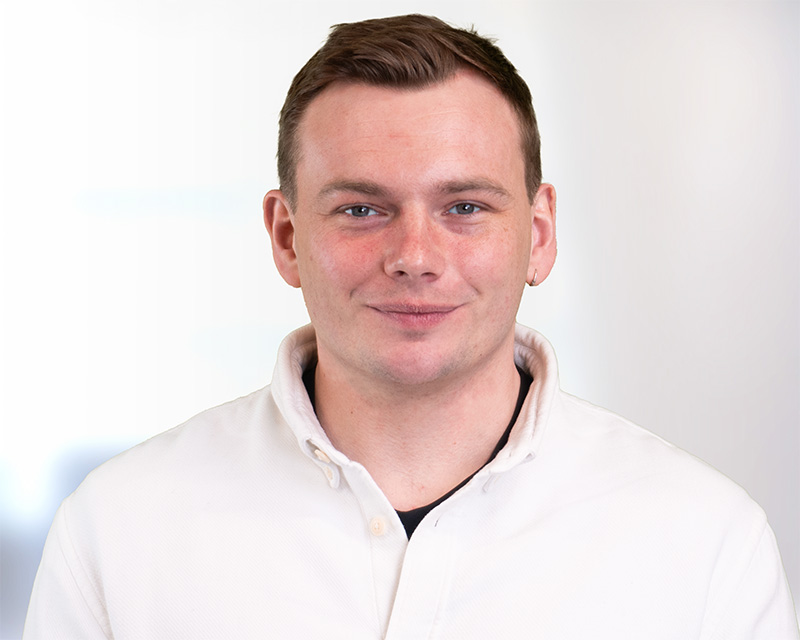
Back
Who we are
With research staff from more than 60 countries, and offices across the globe, IFPRI provides research-based policy solutions to sustainably reduce poverty and end hunger and malnutrition in developing countries.

researcher spotlight
Eliot Jones-Garcia is a Senior Research Analyst with the Natural Resources and Resilience Unit based in Washington, DC. His research focuses on human-AI interaction, user-centered design, and the ethical and responsible development of AI. Eliot is currently finalizing a PhD on the digitalization of agricultural advisory services at Wageningen University & Research.

Back
What we do
Since 1975, IFPRI’s research has been informing policies and development programs to improve food security, nutrition, and livelihoods around the world.
What’s new

Back
Where we work
IFPRI currently has more than 600 employees working in over 80 countries with a wide range of local, national, and international partners.